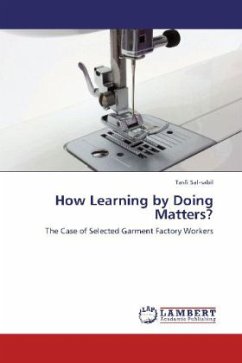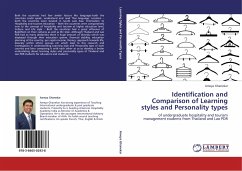Bangladesh is a labor abundant country. Garments sector is playing a leading role in export earning in Bangladesh. it contributes about 56% in GDP. vast portion of labor working in garment factories and earn their livelihood. More important thing is skill of the labor. That s why volume of export is different in different factories because of efficiency and production level difference. Through repeated working a unskilled labor became a skilled labor. No formal theoretical approach has been followed in this study. The study proceeds by defining learning by doing as the improvement of the worker s skill by doing repeated work which on the other hand increases the productivity of production. This study is a mixture of both quantitative and qualitative methodology. Data and information are collected through questionnaire survey and interview and analyzed using tables in the text and simple calculation. The study explores that the reflection of experience, particularly the successfulcapturing the learning by doing process by the worker.
Bitte wählen Sie Ihr Anliegen aus.
Rechnungen
Retourenschein anfordern
Bestellstatus
Storno








